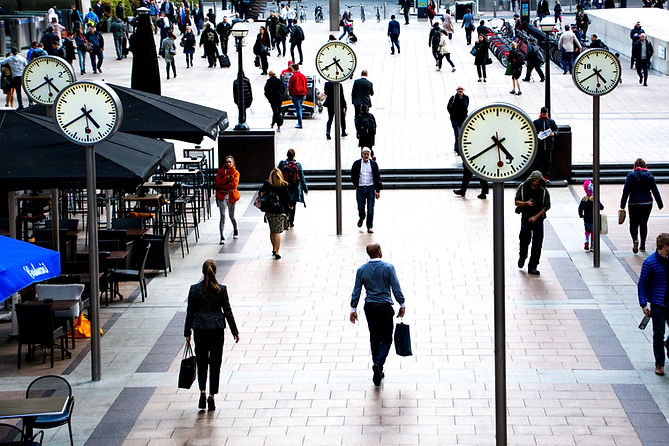Powered by Pineapple Partnerships
Connecting people to solve world problems

PROJECTS
We have identified problem spaces and formed solutions through initiatives and programs with the vision of addressing these issues at market level.
Our partnerships deliver with expertise, resources and research to identify hotspots that can further refine problem spaces and structure academic value and findings to make informed and scalable solutions. These solutions will develop into innovation and the partnerships identify which SMEs can generate value in this space.
_edited.jpg)
Net Zero Retrofit Homes
A pilot project to work at scale to change the dynamics of the Social Housing Retrofit market. The hypothesis is for a 5 year plan for a 10,000 home annual delivery and then be scaled up and delivered for longer.
The project looks to improve CO2 emissions and improve well-being and mortality in vulnerable people.
Net Zero Supply Chains
With the rise of organisations adopting Science Based Targets to reduce climate change, there is an increasing focus on businesses’ supply chain engagement to become Net Zero and reducing emissions in line with policies and targets to not increase global warming temperatures more than 1.5 and 2 degrees Celsius.
This leave challenges to address such as:
-
Data and engagement
-
Governance and decision making
-
Business models to engage
-
Solutions to deliver value
-
Engagement sensitive to balancing environmental, social and commercial implications of any action

Net Zero Homes
Buildings represent more that 70% of the global carbon footprint, mostly from households and household consumption. Rapid decarbonisation and regenerative use of buildings are driving social, environmental and economic benefits, for new cross sector business models in alignment with the SDGs.
This leaves a number of big challenges to address:
-
How we engage with homes and people living in them
-
Integrated systems thinking for the SDGs including (“just” transition, vulnerability, health and wellbeing etc.)
-
How we work cross-sector to create and support Net Zero living spaces, behaviours and environments
-
Smart connections innovation and integrated community systems
-
Supporting the development of new materials, supply chains and lifecycle management


Net Zero Buildings
Buildings represent more that 25% of the global carbon footprint from design, manufacture and build through to end use.
Rapid decarbonisation and regenerative use of buildings are driving social, environmental and economic benefits, for new cross-sector business models in alignment with the UN SDGs. This leaves challenges to address such as:
-
Integrated system thinking
-
Creating resilient and flexible structures, data and decision making
-
Smart connections innovation and integrated community systems
-
Lifecycle management